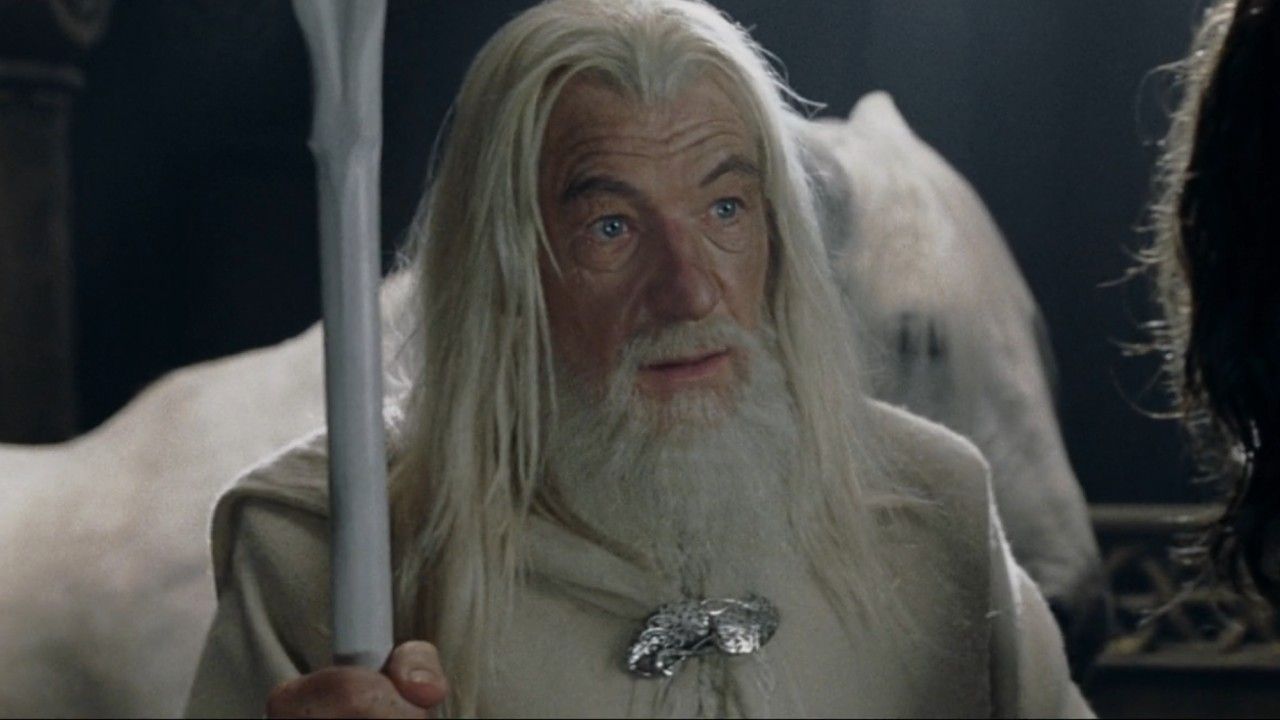
The maker of the iconic Birkin and Kelly bags, Hermès, has won the lawsuit against artist Mason Rothschild — the creator of “MetaBirkins”, a series of NFTs inspired by the Birkin bag. According to the verdict, after a nine-person jury in Manhattan deliberated it, the luxury bag maker will be awarded US$110,000 for trademark infringement and brand dilution, and US$23,000 in statutory damages for cybersquatting.
Hermès first issued a cease-and-desist letter to the artist in January last year and then subsequently entered a legal battle. The outcome, however, is more than just compensation of damages as it sets the precedence for future court rulings of how US intellectual property rights are applied to digital assets. With digitalisation becoming a strategic business component, many organisations are paying attention to this case to see how they can navigate through similar situations.

In 2021, Rothschild debuted about 100 MetaBirkins NFTs in multiple colourways and styles. Prices for these digital assets ranged from hundreds of dollars up to hundreds of thousands, depending on the design. The series came about during the height of NFTs’ sky-high popularity when many other brands also started to look into expanding into the digital space. Hermès estimated that US$1.1 million was brought in from the sales of these MetaBirkins NFTs. In contrast, a physical Birkin bag can cost between US$9,000 to US$400,000, and a custom one would be even pricier as well as a long waiting list.
The proceedings of the court challenge involved a test that required jurors to determine whether or not Rothschild’s NFTs were considered a form of artistic expression. The premise of this lawsuit is predicated on the rights one has under the Constitution’s First Amendment, which the artist is contesting to be protected. And Hermès’ trademark does not extend to the MetaBirkins as these digital assets were constitutionally protected and Rothschild was only trying to make a statement about conspicuous consumption.
To support Rothschild’s defence, the lawyers compared the case to that of Andy Warhol using Campbell cans and Coca-Cola bottles in his artworks albeit “in stylised but plainly recognisable form”. But in response, Hermès’ legal team said the artist was “stealing the goodwill in Hermès’ famous intellectual property to create and sell his own line of products”.

According to an article by Financial Times, it was reported that, “They [Hermès] argued that customers were likely to confuse Rothschild’s “MetaBirkin” NFTs with genuine Hermès products, and that his website URL was too similar to that of the luxury goods company.”
As “a house of creation, craftsmanship and authenticity which has supported artists and freedom of expression since its founding… [it was] compelled to act to protect consumers and the integrity of its brand”. The victory of Hermès in the case is considered a significant win for brands in the virtual reality and metaverse space.
For more fashion reads, click here.







